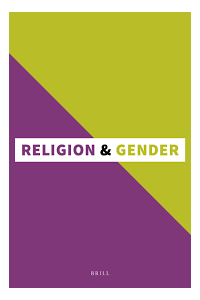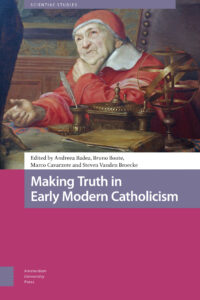Abstract
Although in the late 1980s, transgender sex-reassignment surgery was legalized (made halāl) in sharīʿa and/or in state law by the Fatwās of Āyatullāh Khomeini in Iran and Shaykh al-Ṭanṭāwī in Egypt, the issue of whether Islamic theology accepts transgender people as third gender remains underdeveloped. The traditional Islamic line on gender divisions has been criticised for being established on the basis of the binary logic of male and female gender which leaves no capacity to accept a third gender in traditional Islāmic theology. Therefore, the fatwās of both Khomeini and al-Ṭanṭāwī were issued on the basis of the binary logic of male and female gender. However, this article argues that although al-Ṭanṭāwī’s fatwā was vague and clearly built on a gender binary logic, Khomeini’s fatwā was issued on other grounds that may allow for a discussion on transgender Muslims as third gender. Moreover, the article argues that there is a discursive space within Muslim juridical texts which one may justifiably use to underpin an interpretation of a third gender in Islāmic legal and theological debates.



